A month after halting the second phase of its central bank digital currency (CBDC) pilot, South Korea’s central bank is shifting its focus to stablecoins and other digital asset developments. In the latest development, it has launched a new committee to monitor the market and repurposed its CBDC team to explore the wider digital currency sector.
The team was previously called the “Digital Currency Research Lab” and operated under the Financial Settlement Bureau (FSB), which oversees payment and settlement systems within the Bank of Korea (BOK). It will now be known as the Digital Currency Team, dropping “Research” to indicate that it’s now prioritizing practical application over theoretical exploration, reports local outlet Chosun Daily, citing a BOK official.
“Since there is no other department other than the Economic Research Institute that uses the word ‘research’ in its name, we wanted to make it clear that this is not a department that only does research,” the official stated.
The team has been overseeing South Korea’s CBDC efforts. Most recently, it spearheaded Project Hangang, which ran from April to June this year and focused on deposit tokens on public and private networks. The project involved 100,000 Koreans who would convert their bank deposits into deposit tokens and use them for payments at popular retail outlets.
The seven largest banks participated, and settlement between them was facilitated by a wholesale CBDC. While successful, the pilot was marred by complaints from banks that it was too costly; some banks claimed to have spent up to $5 million on new infrastructure to support the tokens.
South Korea targets stablecoin and digital asset adoption
Separately, the BOK is launching a new Virtual Asset Committee under the FSB to advance stablecoin and digital asset adoption. The committee will bridge the central bank and the National Assembly, facilitating the formulation of new laws for the sector.
Furthermore, the regulator has renamed two other related teams to ensure better division of responsibilities. The first will be called the Digital Currency Technology Team and will be tasked with the research aspects, while the second—the Digital Currency Infrastructure Team—will target implementation. Its first project will be a new platform for managing digital vouchers based on deposit tokens.
The reorganization is South Korea’s latest effort to boost the adoption of digital assets and stablecoins as global uptake skyrockets. Lee Jae-Myung, who took over as president two months ago, won the seat on a pro-digital asset platform, and his Democratic Party has been pushing this agenda since.
One of his campaign pledges was to champion won-pegged stablecoins. As with many other jurisdictions, from the European Union to the United Kingdom and Asia, South Korea is concerned about the dominance of United States dollar-pegged alternatives, which control around 99% of the market.
Local banks, which have turned against the proposed digital won in recent months, are investing millions in stablecoin development. A local report in June revealed that eight of the largest lenders, led by Kookmin Bank and Shinhan, have teamed up to launch a stablecoin by mid-next year.
Indonesia hikes ‘crypto’ tax rate fivefold
In Indonesia, the government has revised its tax rates for the digital asset sector, with offshore exchanges seeing a fivefold hike under the new framework.
Indonesia’s Finance Ministry announced that starting August 1, traders on foreign platforms will face a 1% charge, up from 0.2% previously. Tax rates on domestic exchanges were also doubled to 0.21%.
The changes resulted from a reclassification of digital assets from commodities to financial assets under Law No. 4/2023, which took effect two years ago. In January this year, the government then shifted ‘crypto’ industry oversight from the commodities watchdog, Bappebti, to the Financial Services Authority (OJK).
The new tax rates significantly advantage local platforms, whose users will only pay a fraction of the levies on foreign bourses, echoing India’s move from two years ago. In 2023, the Indian government cracked down on foreign exchanges, accusing them of skirting regulations and taxation. Many quit the market, with local exchanges the biggest beneficiaries; CoinDCX reportedly saw a 2,000% spike in deposits shortly after their departure.
Indonesia remains the leader in the Central and Southern Asia market. According to Chainalysis, it accounted for $157 billion out of the $750 billion (21%) in digital assets the region received in the year ending June 2024.
Watch: The state of play and what’s to come with CBDCs



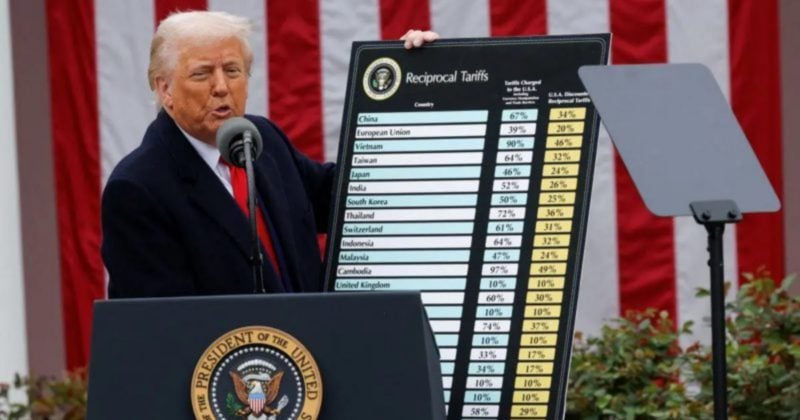

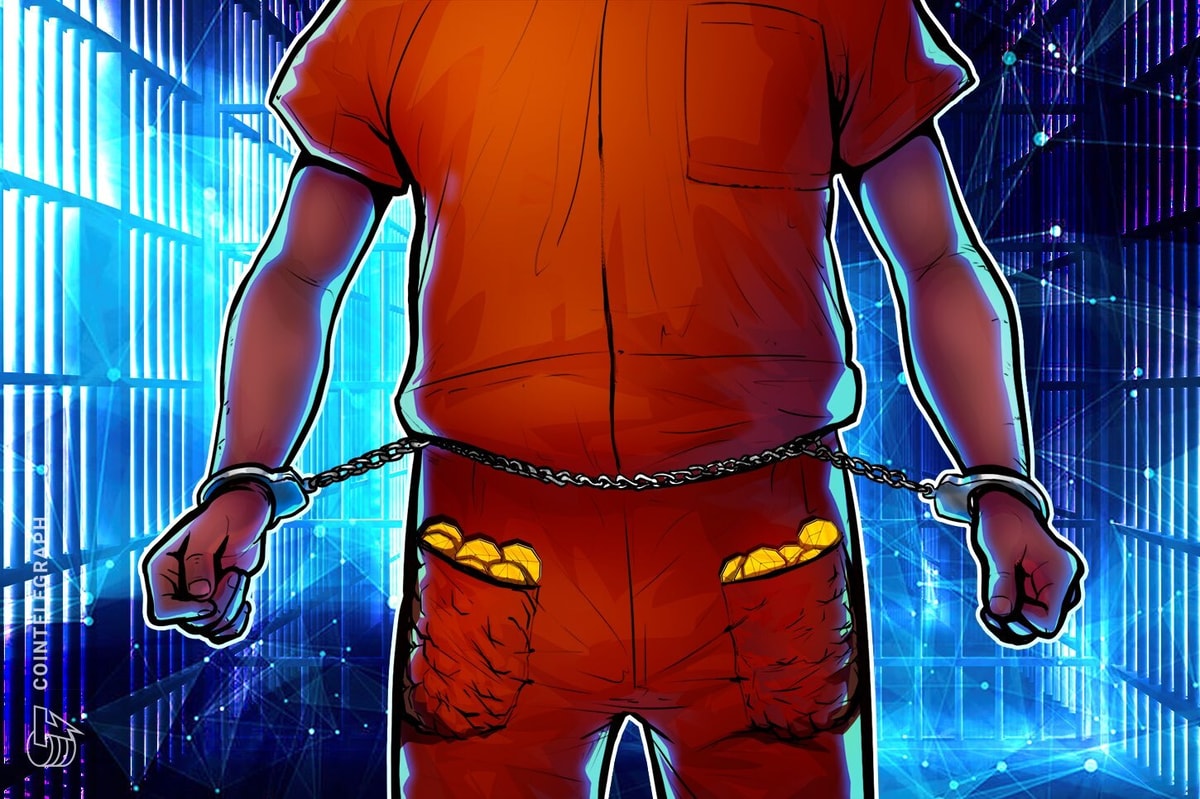
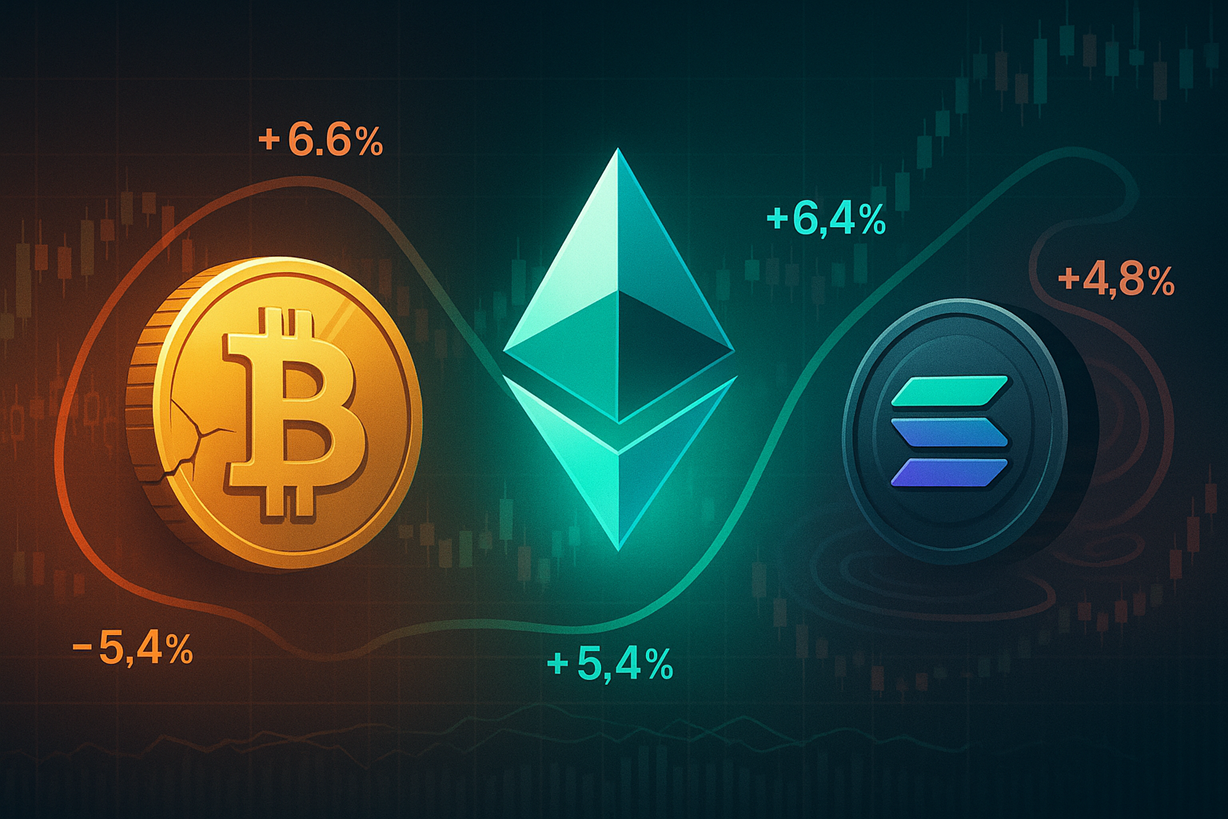






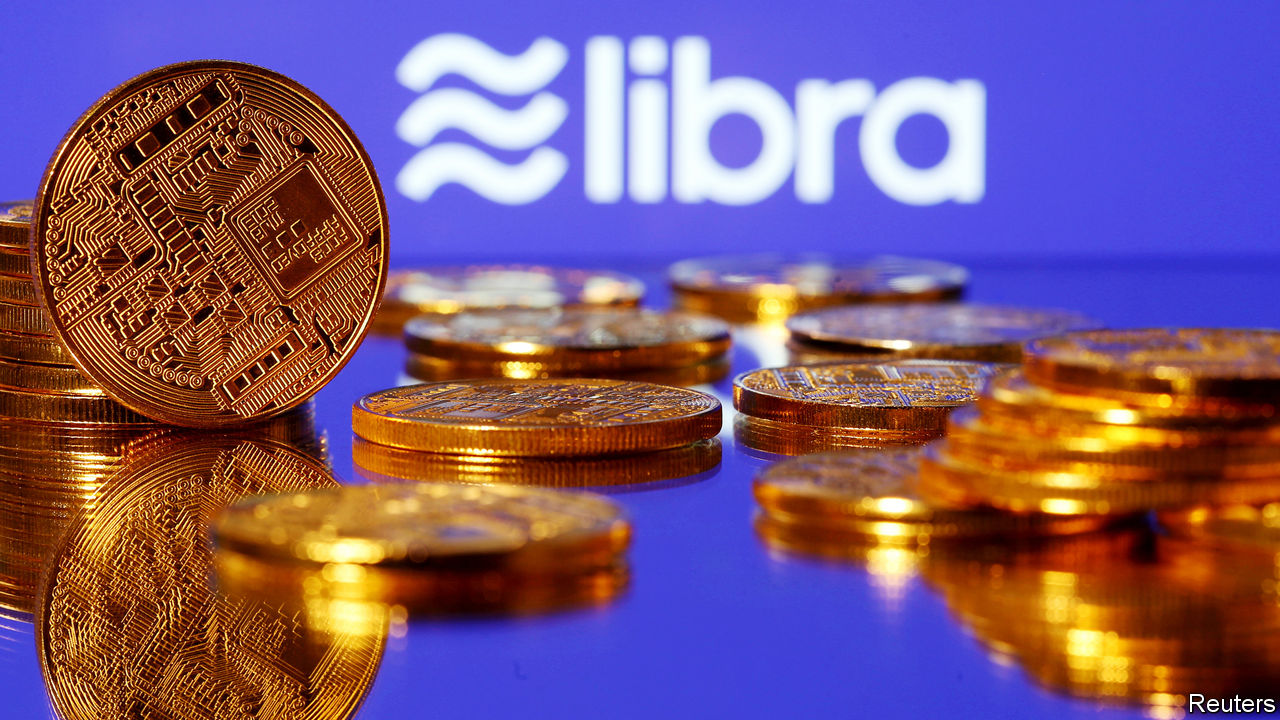
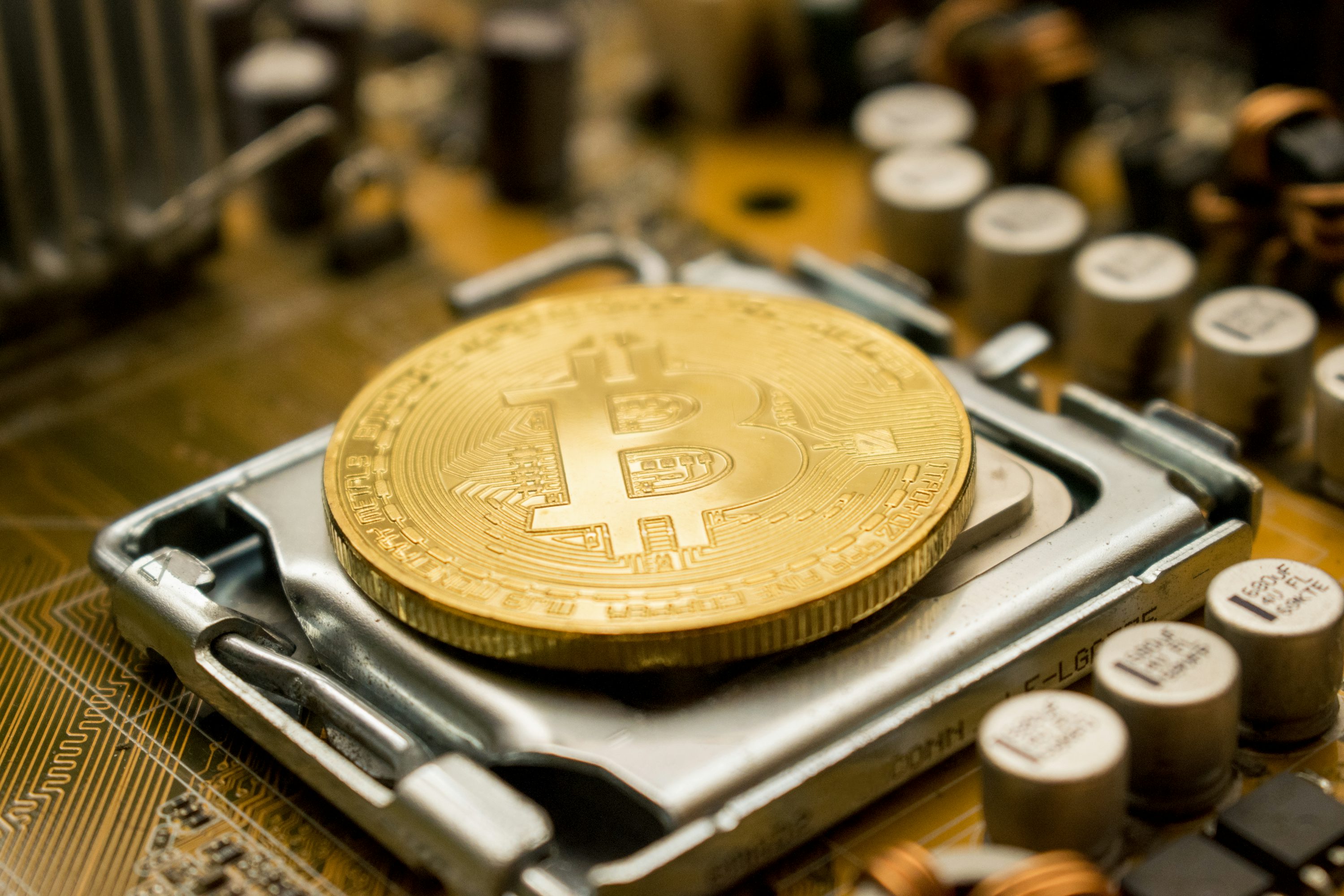


 English (US) ·
English (US) ·